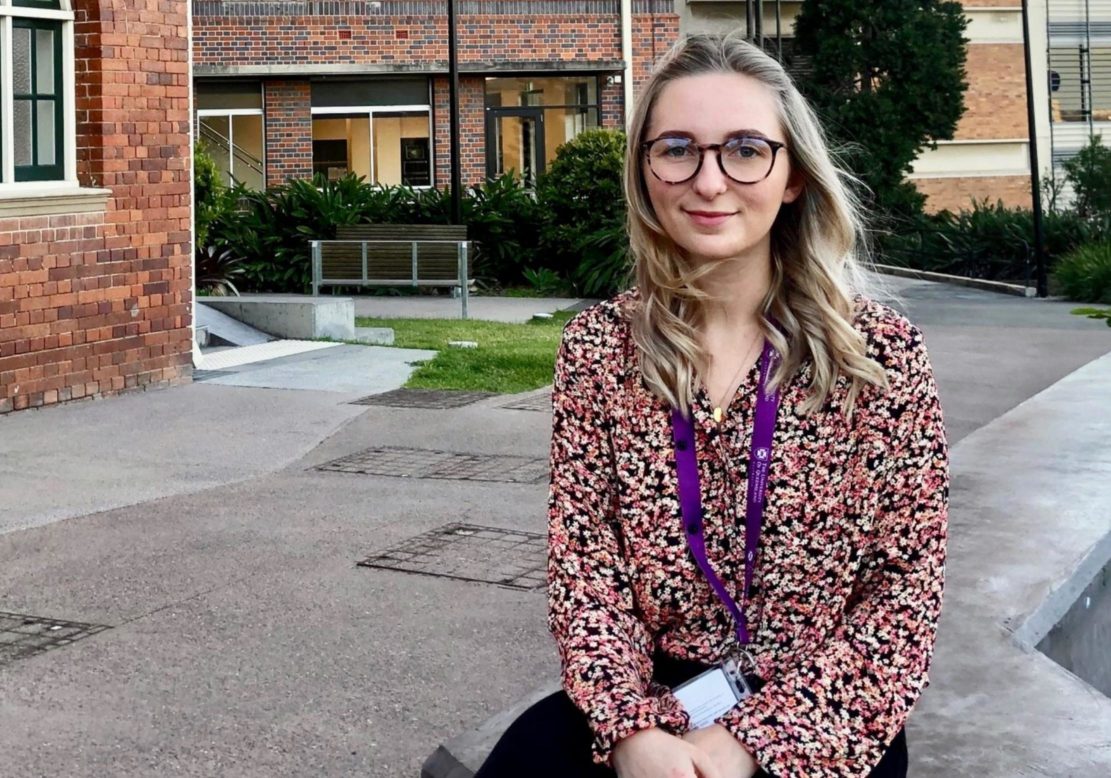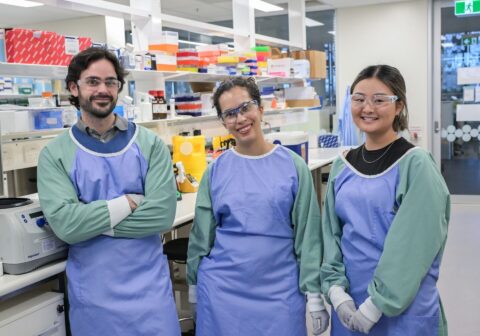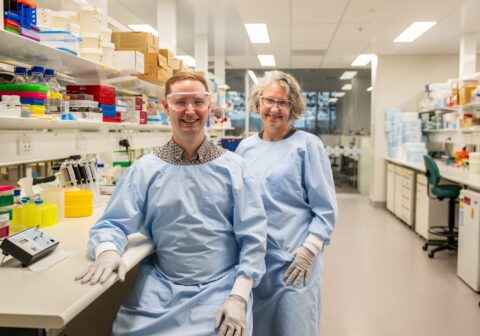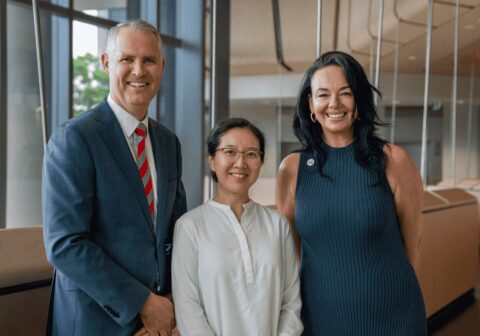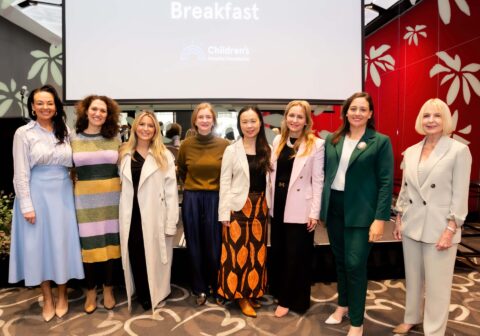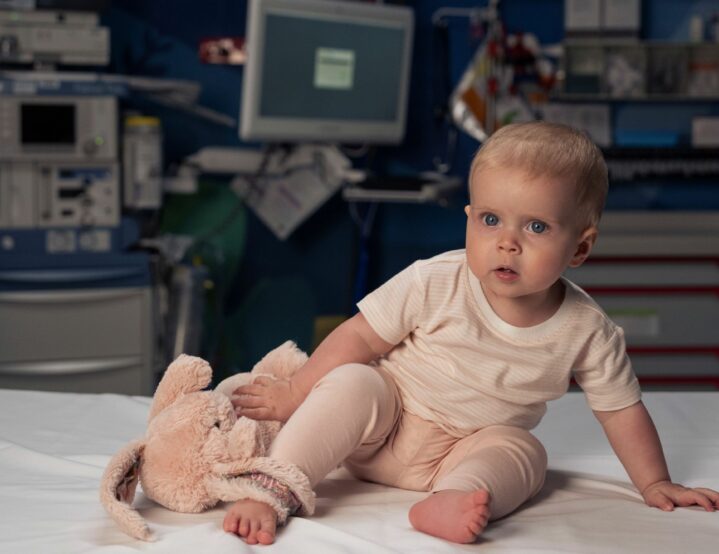A young researcher from the University of Queensland is looking to improve outcomes for children living with type 1 diabetes, after being inspired by her volunteering work with Children’s Hospital Foundation.
26-year-old Anna Hickling’s project, which is funded by Children’s Hospital Foundation and the Commonwealth of Australia, looks at the transfer of diabetes management from parents to patient in the transition from paediatric health care settings to adult ones, and the mental health impact it can have on both the child and the parent.
Type 1 diabetes is a life-long chronic condition where the pancreas produces little or no insulin and affects more than 20,000 Queenslanders.
Research shows that children moving from paediatric healthcare to adult health care often decline to access and use healthcare services after the transition period, leading to poorer health and mental health outcomes for both the patient and their family.
Aiming to improve physical and mental health outcomes for hundreds of Queensland young people, Ms Hickling’s research aims to understand why these trends continue to occur, and how services can be improved to help keep young people engaged with their treatment.
“There are very few psychological studies of emerging adults with type 1 diabetes, and even fewer studies that compare transition programs across different chronic health groups,” Ms Hickling said.
“There is a desperate need for more longitudinal studies to understand what impact this healthcare transition and the responsibility of patients taking over their own healthcare requirements might have on broader health outcomes over time.
“This research has the opportunity to improve the quality of life and prevent long-term health complications for these young people.”
Ms Hickling spent a year volunteering for the Foundation in 2014, when she found herself completely overwhelmed by the strength shown by the patients who were battling unimaginable health journeys.
“I was awestruck by the resilience demonstrated by young people and their families in the face of extraordinarily difficult circumstances.”
February 11 is International Day of Women & Girls in Science.
To help us continue to work wonders for sick kids through ground-breaking research, donate here.
